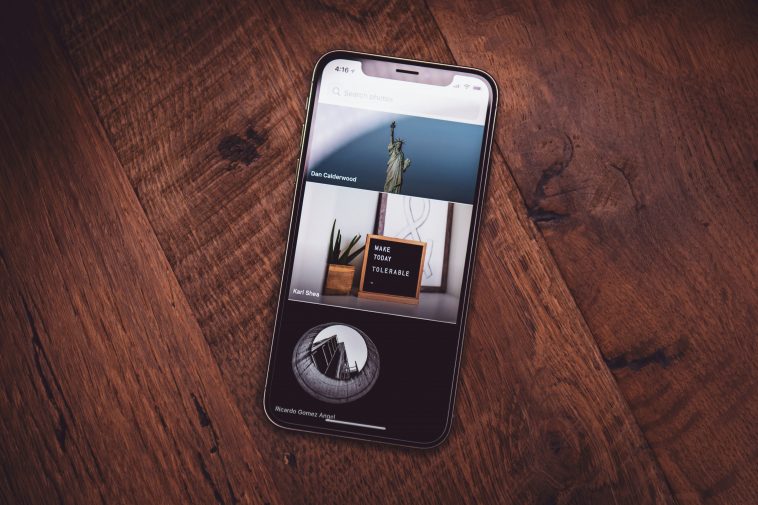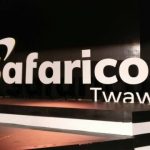Nigerian banks owe telecom companies ₦200 billion for utilizing Unstructured Supplementary Services Data (USSD) banking. This debt has created friction between banks and telcos for six years, necessitating intervention from the Central Bank and the Communications Commission.
Following a late 2023 meeting that resulted in a payment plan, three individuals with direct knowledge of the situation reported that the banks have now started repaying the debt. They indicated that Central Bank Governor Olayemi Cardoso played a significant role in urging the banks to commence payments.
However, according to Gbenga Adebayo, president of the Association of Licensed Telecommunication Operators of Nigeria (ALTON), the payment process has been slow.
“If you look at the number, it is not going down,” Adebayo told TechCabal. “The ₦200 billion, which consists of the principal sum and the interest, is likely to rise if the payment continues to drag.”
“We believe that our friends in the banks can do better than what they are doing.”
The snail’s pace of repayment is one way the banks are sticking it to telcos, one person claimed.
“There was no agreement between the banks and telcos about sharing USSD fees from the beginning. The banks only discovered the telcos were interested in the fees when they started to threaten to cut the service,” said a bank CEO who requested anonymity to speak freely.
“There is no such thing as an obligation due from banks to telcos,” said Herbert Wigwe, the late CEO of Access Holdings, during a 2021 investor call.
Other bank executives have raised questions about how telcos arrived at the debt figure, asserting there is a lack of transparency in the billing process. In 2023, GTCO’s Segun Agbaje argued that the responsibility for fee collection should fall to telcos, given that the entire ₦6.98 fee per transaction goes to them. Despite regulators mandating that banks collect and remit these fees to telcos, banks appear to be resisting by slowing down the payment process.
Initially, USSD was developed by telecom companies to provide airtime and subscription services to customers. However, it quickly became evident that banking was a strong use case for this technology. Unlike mobile banking, USSD does not require customers to have internet access or smartphones.
The push for USSD services gained momentum, with banks like GTCO launching prominent marketing campaigns for their *737 shortcode in 2016, followed by other major banks. In 2021, Nigerians transferred ₦5.1 trillion via USSD, although this figure declined to ₦4.4 trillion by 2022.
Although USSD remains the fifth most used payment channel in the country, it has the lowest spend-per-transfer at ₦10,000, compared to the industry average of ₦70,000 for other channels such as mobile apps and online transfers, according to data from the National Bureau of Statistics.
Telcos argue that USSD is a vital channel for banking and that banks should collect and remit the applicable fees. However, because banks do not generate any revenue from USSD and the payment values are significantly smaller compared to mobile banking, they are incentivized to deprioritize it.
“If you want financial inclusion, then you need to bring down the cost of data. And when you bring down the cost of data, you start to eradicate USSD,” Agbaje argued in 2023.
As the industry combats fraud, more security concerns arise, making USSD less of a priority for Nigerian banks, which may further slow the pace of payments toward the debt.
“The debt won’t get resolved, so the telcos need to let it go,” said a bank expert who chose to remain anonymous. This is a position held by many bank executives.





